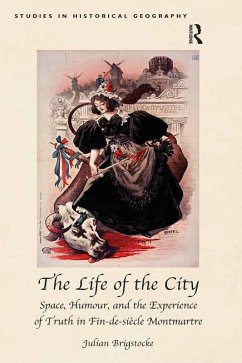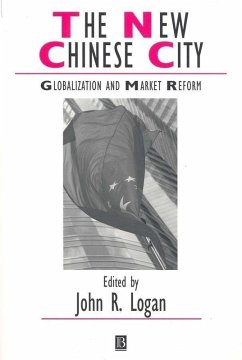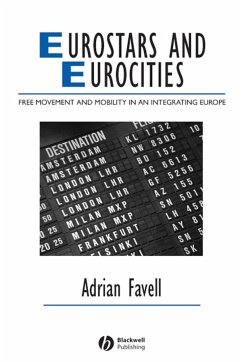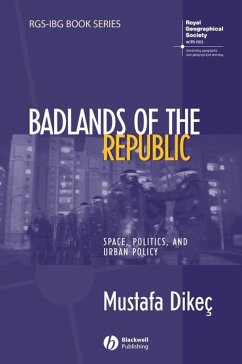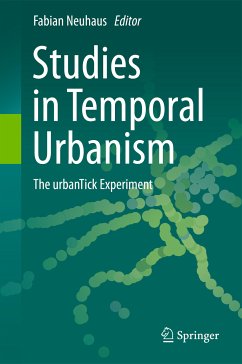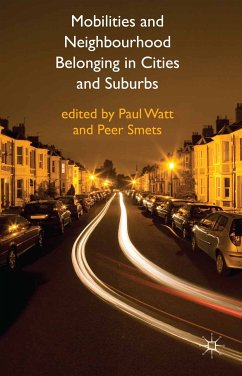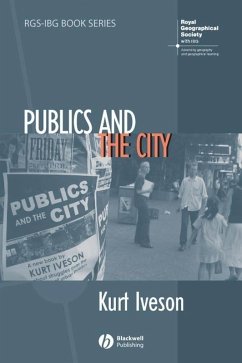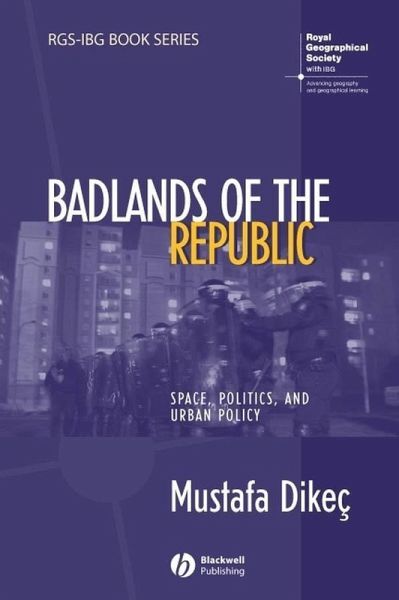
Badlands of the Republic (eBook, PDF)
Space, Politics and Urban Policy
Versandkostenfrei!
Sofort per Download lieferbar
25,99 €
inkl. MwSt.
Weitere Ausgaben:

PAYBACK Punkte
0 °P sammeln!
The relationship between space and politics is explored through a study of French urban policy. Drawing upon the political thought of Jacques Rancière, this book proposes a new agenda for analyses of urban policy, and provides the first comprehensive account of French urban policy in English. * Essential resource for contextualizing and understanding the revolts occurring in the French 'badland' neighbourhoods in autumn 2005 * Challenges overarching generalizations about urban policy and contributes new research data to the wider body of urban policy literature * Identifies a strong urban and...
The relationship between space and politics is explored through a study of French urban policy. Drawing upon the political thought of Jacques Rancière, this book proposes a new agenda for analyses of urban policy, and provides the first comprehensive account of French urban policy in English. * Essential resource for contextualizing and understanding the revolts occurring in the French 'badland' neighbourhoods in autumn 2005 * Challenges overarching generalizations about urban policy and contributes new research data to the wider body of urban policy literature * Identifies a strong urban and spatial dimension within the shift towards more nationalistic and authoritarian policy governing French citizenship and immigration
Dieser Download kann aus rechtlichen Gründen nur mit Rechnungsadresse in D ausgeliefert werden.





